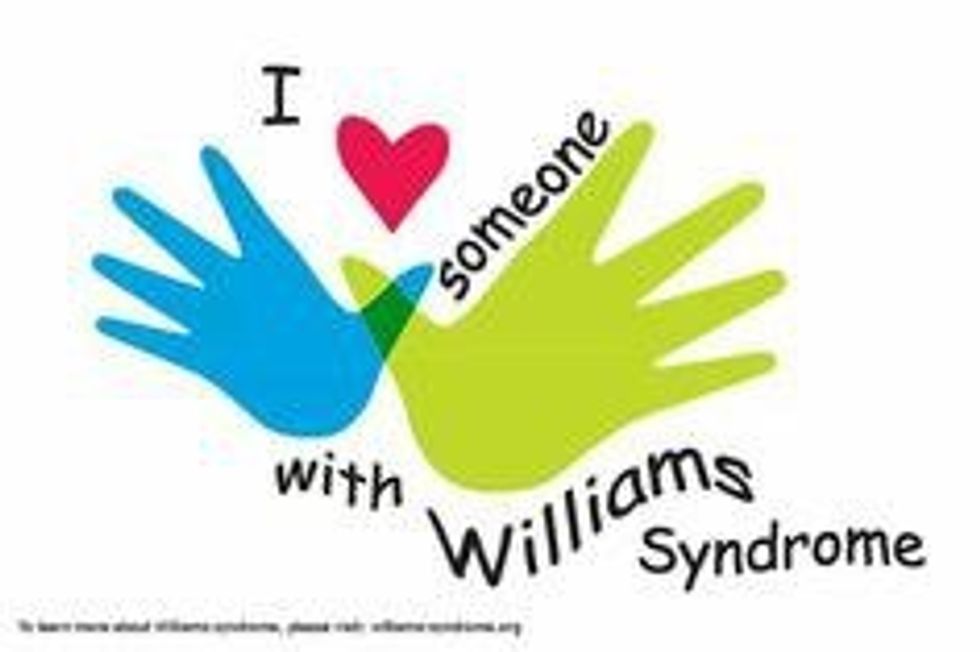Although it is the end of May, and Williams Syndrome Awareness month is almost over, it deserves awareness. Like many other diseases and illnesses, there tends to be a month or at the very least, a day dedicated to it. There are many illnesses in the world, and while some are well known, there are others that are not. Williams Syndrome is one of those disorders that is not known by many people.
According to the Williams Syndrome Association (WSA), Williams Syndrome affects 1 in 10,000 people worldwide or approximately 20,000 to 30,000 people in the United States. It is a rare genetic condition that is present at birth, and anyone can be affected by the disease. It is caused by the deletion of about 26 genes from chromosome 7.
WSA states that those that are diagnosed with Williams often have medical problems, cardiovascular disease, developmental delays, and/or learning disabilities. Although they have health problems and developmental delays, those that have Williams Syndrome have high social personalities with strong verbal abilities, and a love for music. Children tend to be very social and friendly, making it easier for parents and families to connect with their children.
Similar to other syndromes, those who have Williams have specific facial features. For instance, they may have a small upturned nose, a wide mouth, small chin, and puffiness around their eyes. When looking at a young child that has Williams Syndrome, these characteristics are not as apparent as a teen or adult with Williams. National Organization for Rare Disorders (NORD) describes these features to be “elfin-like”, especially in babies.
NORD also states that for many children, their motor skills are often underdeveloped, making it hard for them to walk, sit, or pick up objects. These skills tend to develop over time, but much later than what is considered “normal.”
Every case of Williams Syndrome is different. Some have a harder time than others; however, they are all very social and those diagnosed with this syndrome are often described as having a “cocktail party” personality. Some children may have heart abnormalities while other children do not and may have hypercalcemia (elevated levels of calcium in the body) instead.
Williams Syndrome is a rare, yet serious disorder where those that are diagnosed need special attention. According to NORD, there are no specific treatments for Williams Syndrome; however, there are treatments for some medical problems that are attributed to Williams. There are also centers and programs for developmentally disabled children that can help Williams’s children reach their potential.
To learn more about Williams Syndrome please visit williams-syndrome.org.





















